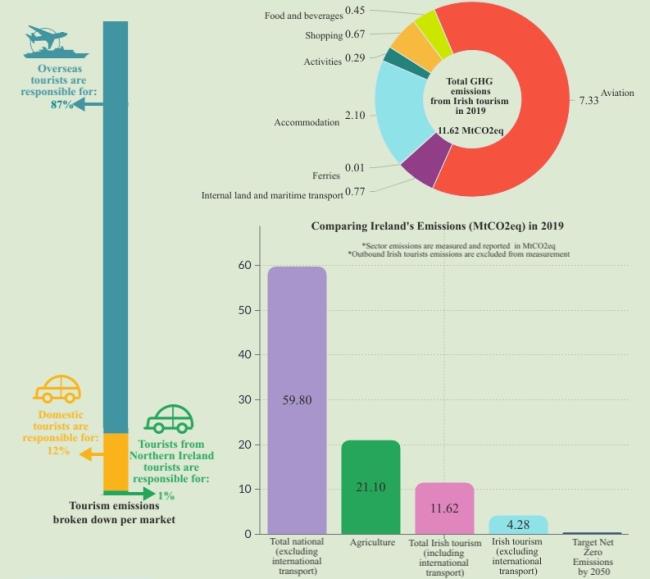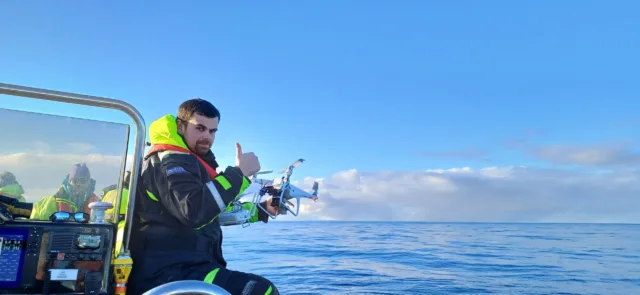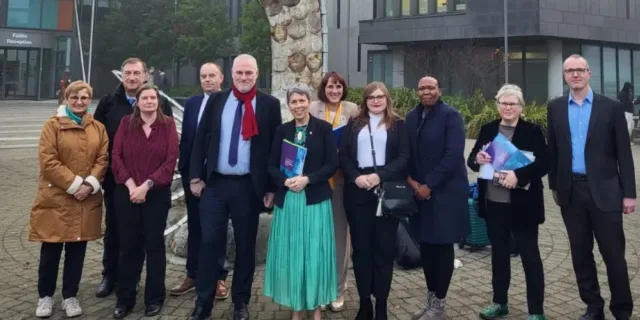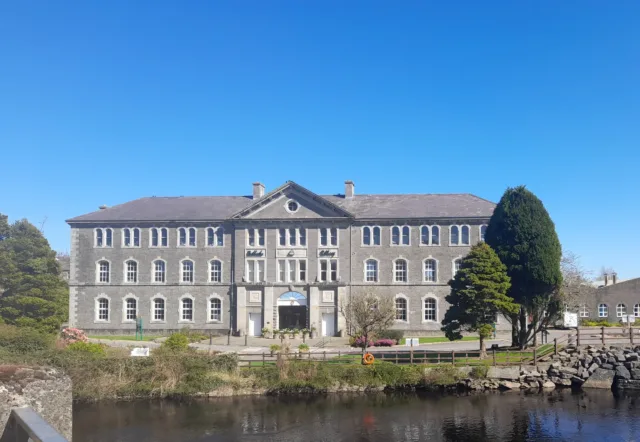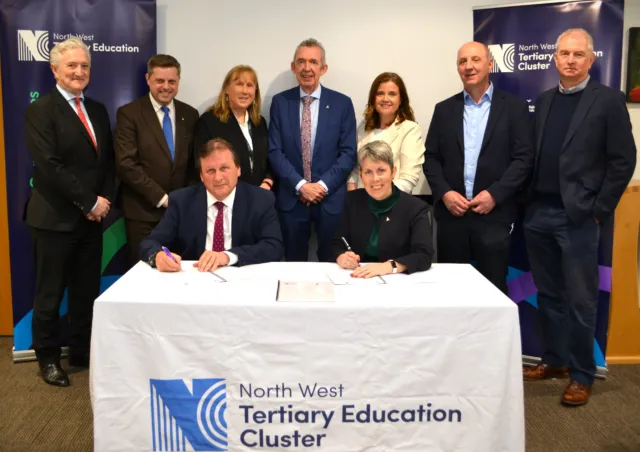View all Courses
ATU Researchers Aim to Support Tourism Stakeholders in Transition to Decarbonisation
A recent study by Atlantic Technological University into emissions ascribed to tourism in Ireland has found the industry has attributed over 4 million tonnes of carbon dioxide equivalent (MtCO2eq) excluding international transport and over 11 MtCO2eq when international transport is incorporated. The Environmental Protection Agency records national greenhouse gas emissions at 59.8 MtCO2eq for 2019 and dropping slightly to 57.7 MtCO2eq for 2020.
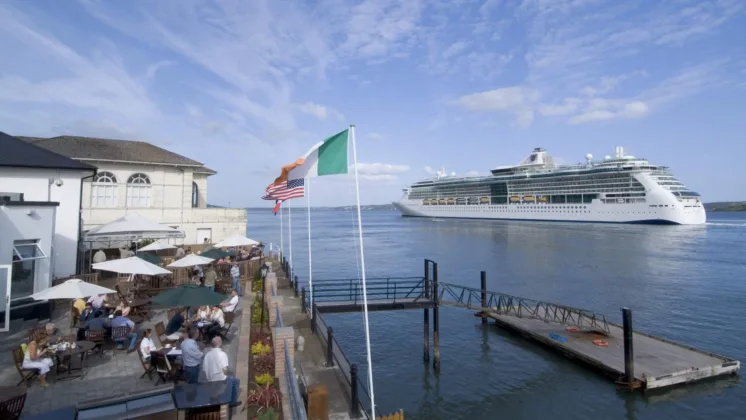
The study released today to mark International Tourism Day (27 Sept), used pre-pandemic figures to get a true reflection of the impact of tourism on the environment. In 2019 the total emissions attributed to tourism in the Republic of Ireland reached 11.62 MtCO2eq. This is a conservative estimate as the figure focuses on inbound, domestic and northern Irish visitors that stayed at least one night in the Republic of Ireland. The figure excludes emissions from outbound tourists and cruise ship passengers due to the limited data. This is based on 22.6 million tourists who generated an estimated €9.5 billion to the Irish economy and supported approximately 260,000 jobs.
The results of this research will benefit policymakers, planners, and stakeholders as it demonstrates a method to actively measure, monitor and manage tourism emissions by providing an evidence-based approach to develop appropriate tourism decarbonisation policies, plans and strategies for Ireland.
The Sustainable Tourism Observatory at the Atlantic Technological University (ATU) has established the first baseline carbon footprint of tourism within the Republic of Ireland. The research has been conducted by postgraduate researcher Anita Conefrey who is funded by an ATU bursary award has been working on this important baseline study for two years. According to Principal Researcher of the ATU project, Ms Conefrey states;
“Establishing the level of emissions that Irish tourism produces was only a small part of this research. Our main focus is to support the tourism stakeholders to decarbonise efficiently and effectively”.
The second phase of this research project is now underway and will develop an evidence-based decarbonisation toolkit for tourism stakeholders that is supported by senior tourism researchers from the Sustainable Tourism Observatory at ATU. Dr James Hanrahan, lead supervisor of the research project at ATU said;
“The Irish tourism industry is an important economic driver for the country and has great potential to transition towards decarbonisation with the added benefit of having some of our top overseas markets as close neighbours”.
ATU is committed to ensuring that all relevant tourism stakeholders are in a position to manage the carbon footprint of tourism efficiently and effectively. The benefit of conducting this research with the community is to understand the levels of skills and training required to secure the future long-term sustainability of tourism in Ireland.
Dr John Carty supervisor states “it is evident that Irish tourism stakeholders are trying to decarbonise, some establishments have already made drastic changes. But we need to bring everyone along on this journey”.
The tourism industry is a vital part of the Irish economy, particularly in rural areas, and it needs to transition towards a climate-neutral industry by 2050, which will require the collaboration of tourism policymakers, planners, stakeholders, academics, and tourists.
